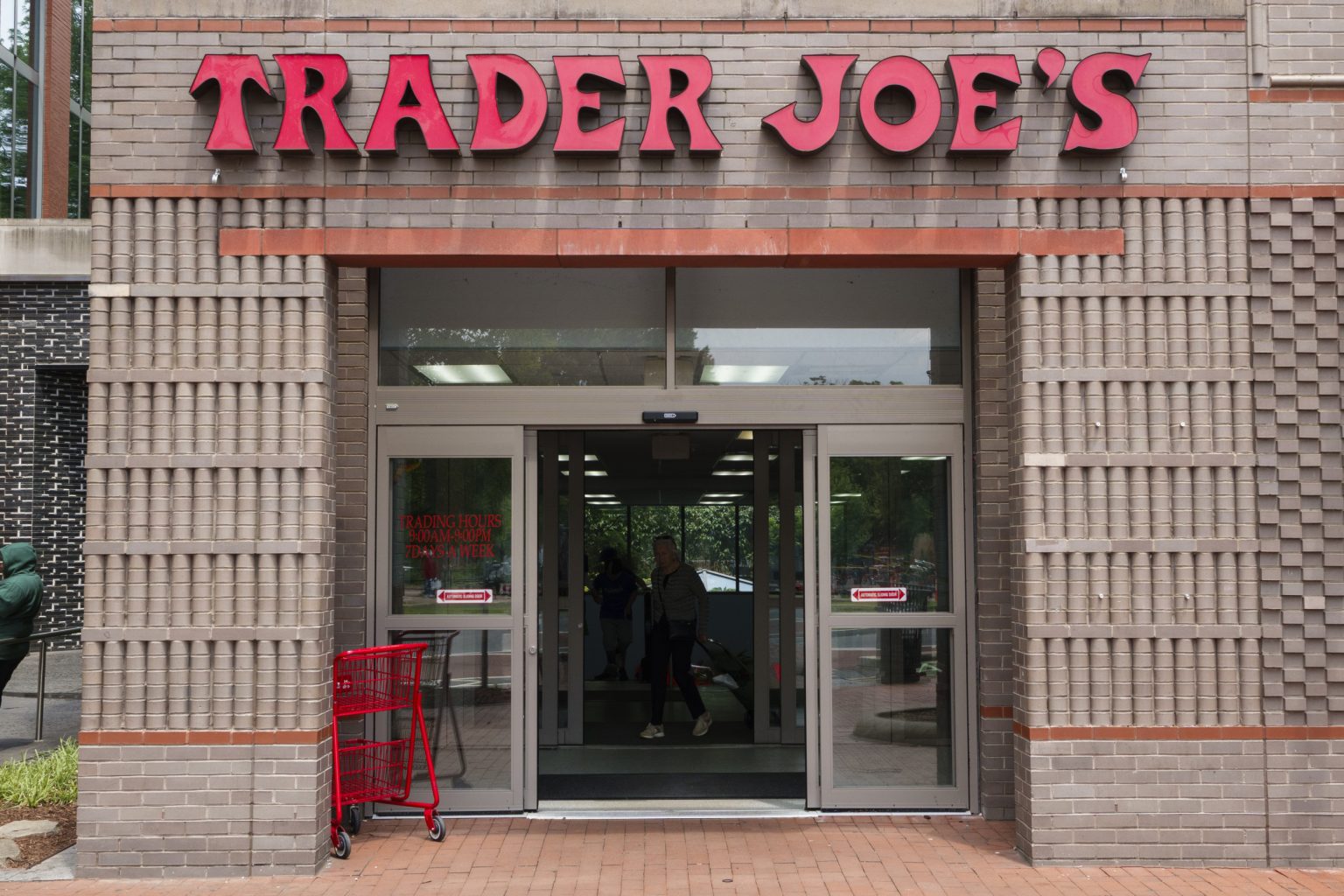Health Alert: Trader Joe’s Turkey Gobbler Wrap Linked to Potential Listeria Contamination
In a move that underscores the importance of food safety vigilance, the U.S. Department of Agriculture’s Food Safety and Inspection Service (FSIS) has issued a nationwide public health alert concerning Trader Joe’s popular “Turkey Gobbler Wrap.” The alert comes after routine monitoring detected the presence of Listeria monocytogenes on food-contact surfaces associated with the production of these ready-to-eat meals. While no illnesses have been reported thus far, the alert represents a proactive approach to consumer protection in an era of increasing scrutiny over food safety. The affected products, produced on September 10, 2025, by WCD Kitchen – Minooka in Illinois, are packaged in 10-ounce clear plastic clamshell containers with a “BEST BY SEP 16, 2025” date and bear the establishment number “P-1644” inside the USDA inspection mark. Though the product is no longer available for purchase in stores, authorities are concerned that consumers may still have these items in their refrigerators or freezers at home.
The risk posed by Listeria monocytogenes extends far beyond mere food spoilage, particularly for vulnerable populations. Listeriosis, the infection caused by this bacteria, can manifest with symptoms ranging from fever and muscle aches to headaches and gastrointestinal distress. What makes this pathogen especially concerning is its potential to cause severe, even fatal complications in high-risk individuals, including older adults, pregnant women, newborns, and those with compromised immune systems. The bacteria’s ability to survive refrigeration temperatures and its unusually long incubation period—symptoms can appear up to 70 days after consumption—adds additional layers of risk. These factors explain why health authorities take Listeria contamination so seriously, even in the absence of confirmed illness cases. For those who may have purchased the Turkey Gobbler Wrap, health officials emphasize that freezing does not kill Listeria, so proper disposal is essential regardless of how the product was stored.
This health alert arrives amid a broader context of foodborne illness concerns in the United States. Coincidentally, the Food and Drug Administration (FDA) has recently assigned its highest risk rating to a recall of vegetable products from Endico Potatoes Inc., also due to Listeria contamination fears. The FDA is simultaneously supporting the recall of cold smoked salmon and sea bass produced by Haifa Smoked Fish for similar concerns. These concurrent actions by different regulatory agencies highlight the ongoing challenge of maintaining food safety across complex supply chains and diverse food categories. The FSIS decision to issue a public health alert rather than request a formal recall was based on the fact that the wraps are no longer being sold in stores. However, this distinction may be lost on consumers who now face the unsettling realization that potentially contaminated food items might be sitting in their home refrigerators.
The response from public health officials has been methodical and transparent. In official statements, FSIS representatives explained that “the issue was identified after the establishment informed FSIS that food contact surface samples related to this product tested positive for Listeria monocytogenes.” This acknowledgment reflects the self-reporting mechanisms built into food safety protocols and demonstrates how contamination can be caught through routine testing before causing widespread illness. Food safety experts like Linda Larsen from Food Poisoning Bulletin have reinforced the consumer guidance, advising that anyone who purchased these wraps should “not eat it” and reminding the public that “freezing does not destroy the listeria pathogen.” Newsweek has reportedly reached out to Trader Joe’s for comment, though their inquiry was sent outside regular business hours, leaving customers temporarily without the retailer’s perspective on the situation.
For consumers navigating this alert, the practical guidance is straightforward: check your refrigerator and freezer for any Turkey Gobbler Wraps matching the description, and if found, do not consume them. The products should either be discarded properly or returned to Trader Joe’s for a refund. Those particularly concerned about potential exposure should monitor for symptoms like fever, muscle aches, headache, stiff neck, confusion, loss of balance, or gastrointestinal issues. The risk period is unusually long—up to 70 days after consumption—which means vigilance should continue well beyond the typical timeframe for foodborne illnesses. Health officials particularly emphasize that high-risk individuals should contact their healthcare providers promptly if symptoms develop, as early treatment can make a significant difference in outcomes, especially for pregnant women where the infection can lead to miscarriage or stillbirth despite the mother experiencing only mild symptoms.
Looking forward, this incident serves as a reminder of the invisible threats that can lurk in our food supply and the systems in place to protect consumers. FSIS will continue monitoring the situation, though without reported illnesses, the alert may fade from public attention relatively quickly. Consumers seeking more information or wanting to report concerns have multiple channels available: Trader Joe’s Customer Relations (626-599-3817, Monday through Friday), the USDA Meat and Poultry Hotline (888-674-6854), or the FSIS’s Electronic Consumer Complaint Monitoring System, which operates 24/7. This multi-channel approach to consumer communication reflects the complex web of responsibilities in food safety, where manufacturers, retailers, regulatory agencies, and ultimately consumers themselves all play crucial roles. While food safety systems are robust in the United States, this alert demonstrates that vigilance remains necessary at every step from production to consumption, with transparency and quick action serving as essential components in preventing potential outbreaks before they begin.














